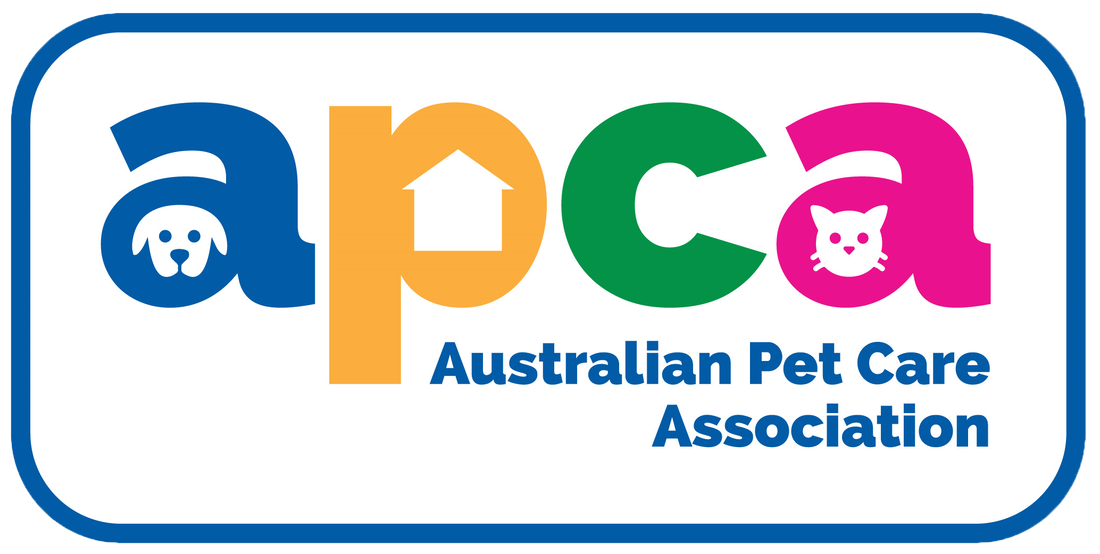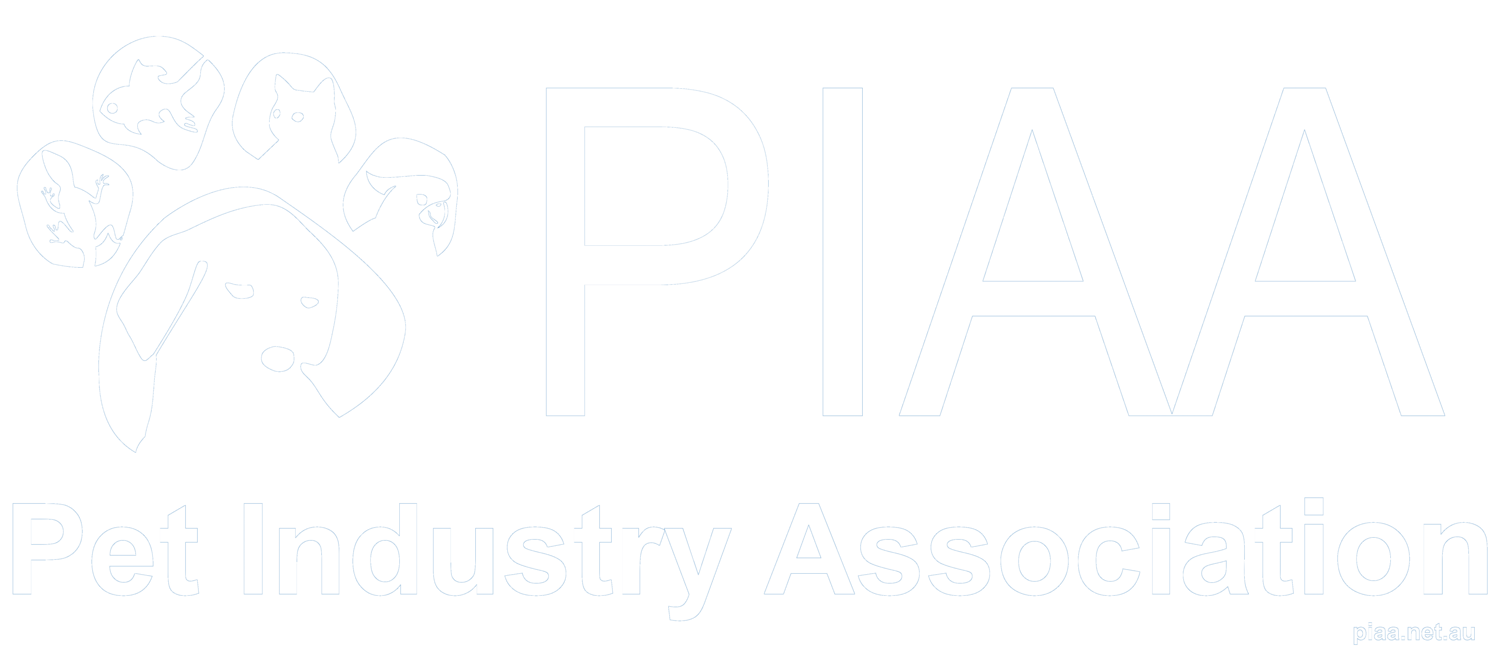What to look for when choosing Accommodation
When choosing a facility or carer for your dog there are lots of options. Like many things in life, we don’t always know all the things to look for when we start out choosing a new service or purchasing a new item. We have created this checklist to help you look out for what is important when selecting a care provider for your much loved dog. We hope this helps you find the facility that meets both you and your dog’s needs.
|
|


